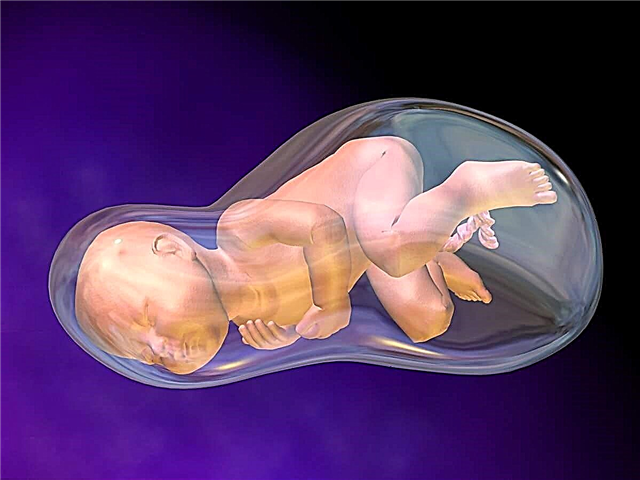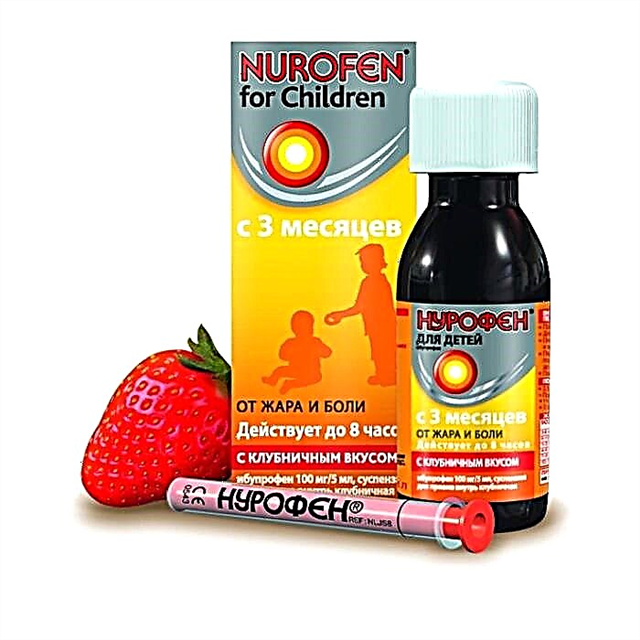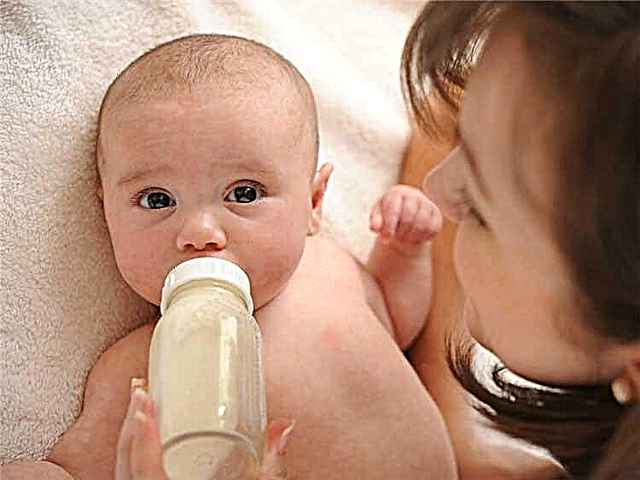With the advent of a newborn baby, especially if this is the first-born, a lot of questions about care, feeding, upbringing arise before the young mother. The diaper controversy is another exciting topic.

- Does a long-term presence of a child in a diaper have a harmful effect (are diapers harmful for boys)?
- Until what age can diapers be used and when is it better to potty train a child?
This article is based on my own experience and the experience of other moms, and I hope it will help you resolve doubts about diapers.
Pros and cons of diapers
Being in an “interesting position” I studied a lot of literature on this topic and decided for myself that I would not keep my future baby in a diaper all the time, but use it only for walks, when going to the clinic and at night. The most compelling arguments against consistent use of disposable diapers were the following:
- Constant wearing of a diaper can cause extinction of the congenital urinary reflex, and, as a result, to a significant decrease in the volume of the bladder;
- The continuous stay of a baby (especially a boy) in a diaper can cause overheating of the genitals and adversely affect his reproductive abilities;
- Babies who are constantly in diapers are very difficult to potty train.
Moreover, I was very interested when my baby will start asking for a potty himself.
Raising a baby without disposable diapers is possible, but is it as economical as some moms think?
Disadvantages of a reusable diaper
Reusable diapers, in my opinion, are a relic of the past. Do you have any idea how it looks? The diaper folded 4 times, put on the child on the principle of panties and secured with pins (!). There are even several options for folding and donning a reusable diaper.
Perhaps someone has adapted to this option, but I could not. The diaper gets loose, does not hold on to the bottom and, worst of all, it is wet all the time. At the end of the day - a bunch of wet, often crumpled, diapers and the same amount of wet pants. According to the rules of hygiene, all this pile of dirty laundry must be washed by hand with baby soap, bleached for 6 hours in oxygen bleach, rinsed, and then machine washed in full, dried in a well-ventilated room and ironed on both sides (!).
Are you capable of such heroism as to do these actions daily? Add to this also the characteristic smells throughout the apartment.
If you do not wear a disposable diaper at all, but only a blouse and romper suit, then the situation will not be much different: the same pile of dirty laundry and daily washing.
This is how our grandmothers and mothers raised their children, and this is how you, dear readers of the article, grew up in wet diapers.
About disposable diapers
Someone will argue: disposable diapers are expensive. But, if you calculate the cost of electricity, washing powder, depreciation of the washing machine and your strength, then, believe me, diapers will cost less. The benefits of using this small blessing of civilization are becoming obvious and undeniable.
And now I will give the most important argument in defense of disposable diapers. Many mothers try to put the kids on the potty as early as possible, but despite all the efforts, the kids start asking for themselves at about 2 years old (plus or minus six months). It is by this age that the kids mature and can control their urges, that is, be patient a little. It happens that babies ask for a pot by 1 year, but this is an exception to the rule.
Let me give you an example of my friend, who was proud that her daughter grew up without a single “diaper” and washed all the diapers by hand (!), Because she took care of the washing machine. At what age do you think her child began to steadily ask for a potty? After two and a half years!
What is the difference between children who were raised without diapers from children who grew up “dry”?
Children who are raised without disposable diapers, parents try to potty train for six months. As a result, they understand its purpose and do their "business" there when planting, but they themselves do not ask for a pot. Often kids carry a pot or point a finger towards the toilet, but already "after the fact".
Children growing up in "diapers" often resist planting and even be afraid of the pot. It is really a little more difficult to train such children to the toilet. In any case, potty training is a long process. Have patience and laundry detergent. (See the article why and what to do if the child is afraid of the pot)
What is the best age to potty train a child?
Experts advise starting after a year: 1.2-1.6. But to introduce the baby to the pot is already when the baby starts to sit confidently without support: at 6-7 months. So he will understand the purpose of this item and will not resist planting in the future. Putting your little one in the pot right after sleep, after eating and walking, you can save 2-3 diapers a day. We read in detail: when and how to potty train a child
When not to use a diaper
In order not to harm the baby, every mother should know that there are situations when the use of disposable diapers is prohibited:
- The baby is premature. As a result of an imbalance between the production and release of heat, the infant may have a constant high temperature (37.1 - 37.4about C);
- The child has a fever;
- The baby has eczema, dermatitis, or exudative diathesis;
- It is also not recommended to use a diaper to avoid overheating during the very intense summer heat.
Happy motherhood and smart children, dear mothers!
Reading on the topic
- Panties for potty training
- Which diapers to choose
- Complete list of things for a child
- Swaddling "FOR" and "CONS"



